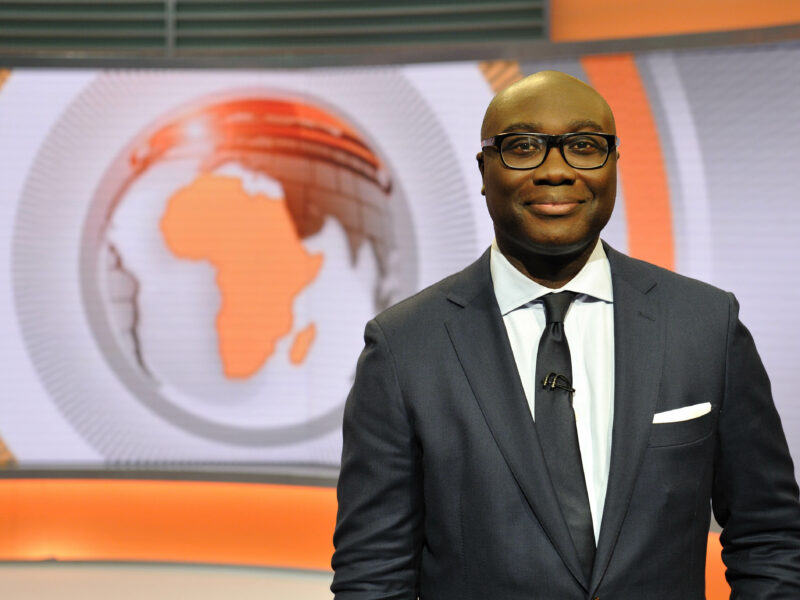African conflict management training ends
A recent intensive three-day African community leaders and active community members training offered to diverse African communities ended on March 10, 2012. The training, organized by the Office of the Attorney General and Justice at Marsden Street, Parramatta in New South Wales (NSW), was to strengthen the ability of African community leaders to detect the early symptoms of conflicts or disputes and nip them in the bud or to resolve those conflict if they already exist. (Photo: Tony Bee-Conteh, author)
This important and necessary training for the African community attracted numerous community leaders and active community members, both men and women, from different regions within NSW, including Wollongong and Wagga Wagga. Those who represented the Sierra Leone community in the Inner-West region were Messrs Anthony Bee-Conteh, Journalist, Sonny Edmondson Cole, Chairman for the Sierra Leone Community Council (SLCC), he is also a journalist by profession and Andrew Sankoh, a university lecturer.
According to Julia Haraksin, Manager for Diversity Services in the Attorney General’s Office, there was a lot of consultations between her office and the various African community leaders in NSW in relation to violence associated with the African communities, especially domestic violence. She said that during those consultations, many community leaders suggested the need for a training workshop on conflict management and resolution. The African community leaders were quick to point out that conflicts and disputes are most times unavoidable but a refined way of settling those disputes in agreement with Australia’s laws would be an advantage.
Joe Moore, the training officer and Director in the Office of Attorney General and Justice, told participants that he knew Africans have a wealth of knowledge and experience in settling conflicts and disputes and therefore had confidence in the African community leaders in shaping their own futures in terms of conflict management. He however stated thatAustraliahas her own way of resolving conflicts and was therefore good for African leaders to know some of the methods and techniques thatAustraliauses in conflict resolution so as to enable African community members to enjoy peace and quietness, especially between husbands and wives and between parents and their kids
Mr. Moore said that there are differences between conflicts and disputes in human life. He said that conflict is when tempers or emotions of two people become higher than expected in an argument, resulting in physical confrontation or heated verbal exchange. On the other hand, he said, disputes are when people argue on a point without temper or emotion flare-ups or without any serious insults or abuses. Unlike conflict, dispute does not involve malice or bad feelings.
Mr. Moore further said that a dispute arises when two or more people disagree on facts and they argue over it until they arrive at a point. In conflict, he said, an entrenched state of negative feelings like anger, fear, distrust or disgust erupts.
He also explained how community leaders should settle conflicts or disputes as facilitators for their various communities. He said that community leaders/facilitators must be fair in the process of resolving conflicts by approaching the situation with a fair and non-judgmental mind and by allowing all parties involved in the conflict or dispute to explain their own sides of the problem. He advised facilitators not to nod their heads or make any sign of acknowledging the veracity of a speaker; otherwise he will be regarded as taking sides.
Many of the participants I spoke to said they had gained a lot from the workshop and now have the confidence to tackle any conflict or dispute arising in their communities. A role-play on how to settle or resolve a conflict or dispute amicably marked the end of the programme and certificates were issued to participants.
By Tony Bee, Sydney, Australia
Stay with Sierra Express Media, for your trusted place in news!
© 2012, https:. All rights reserved.







anna@conflictmanagement
/
I am always interested to read these kind of articles on an international scale, and improving the welfare of others – this sounds like a very thorough training course. I particularly have found this blog a good read, and the explanation of conflict vs disputes was very informative.
23rd March 2012